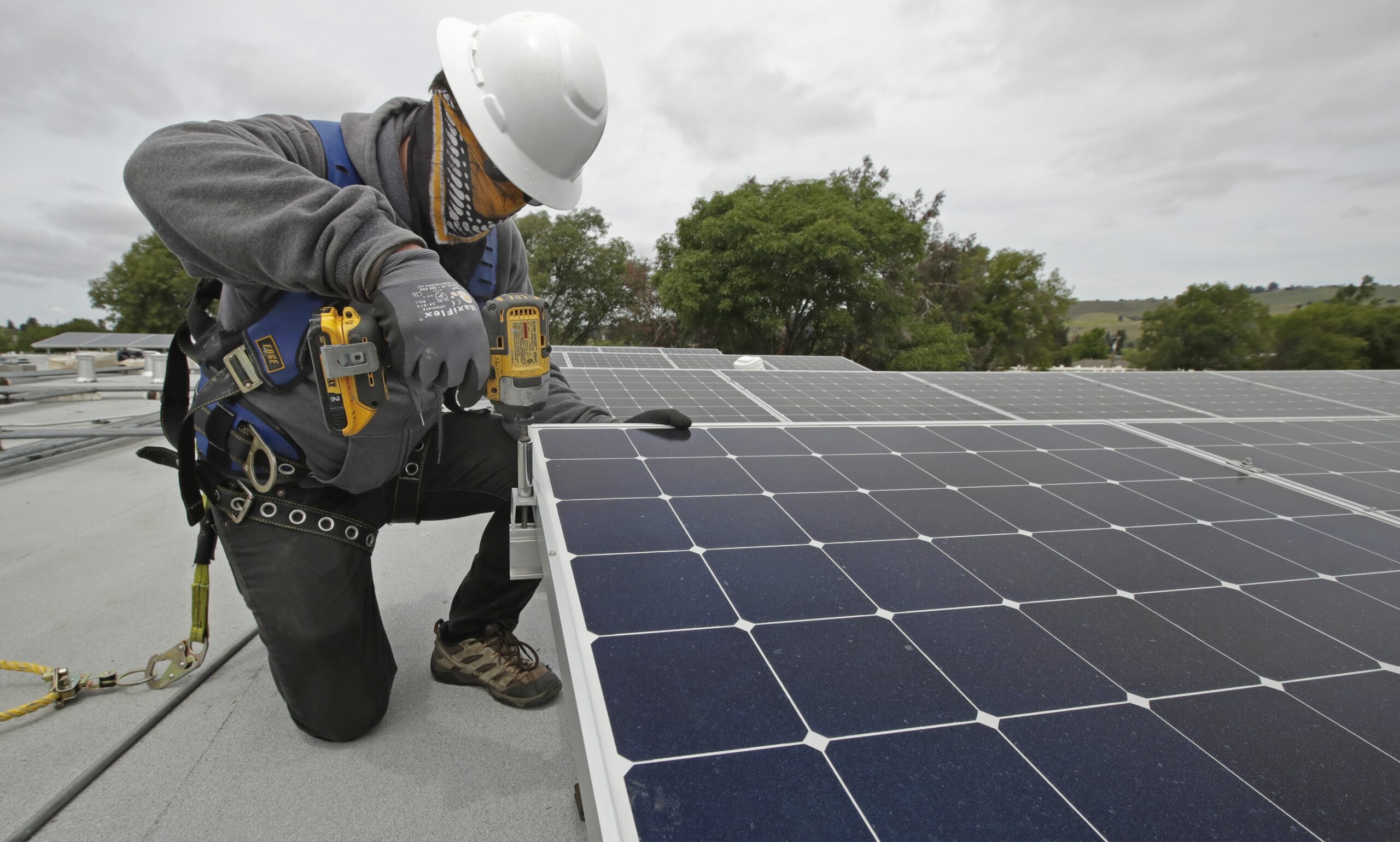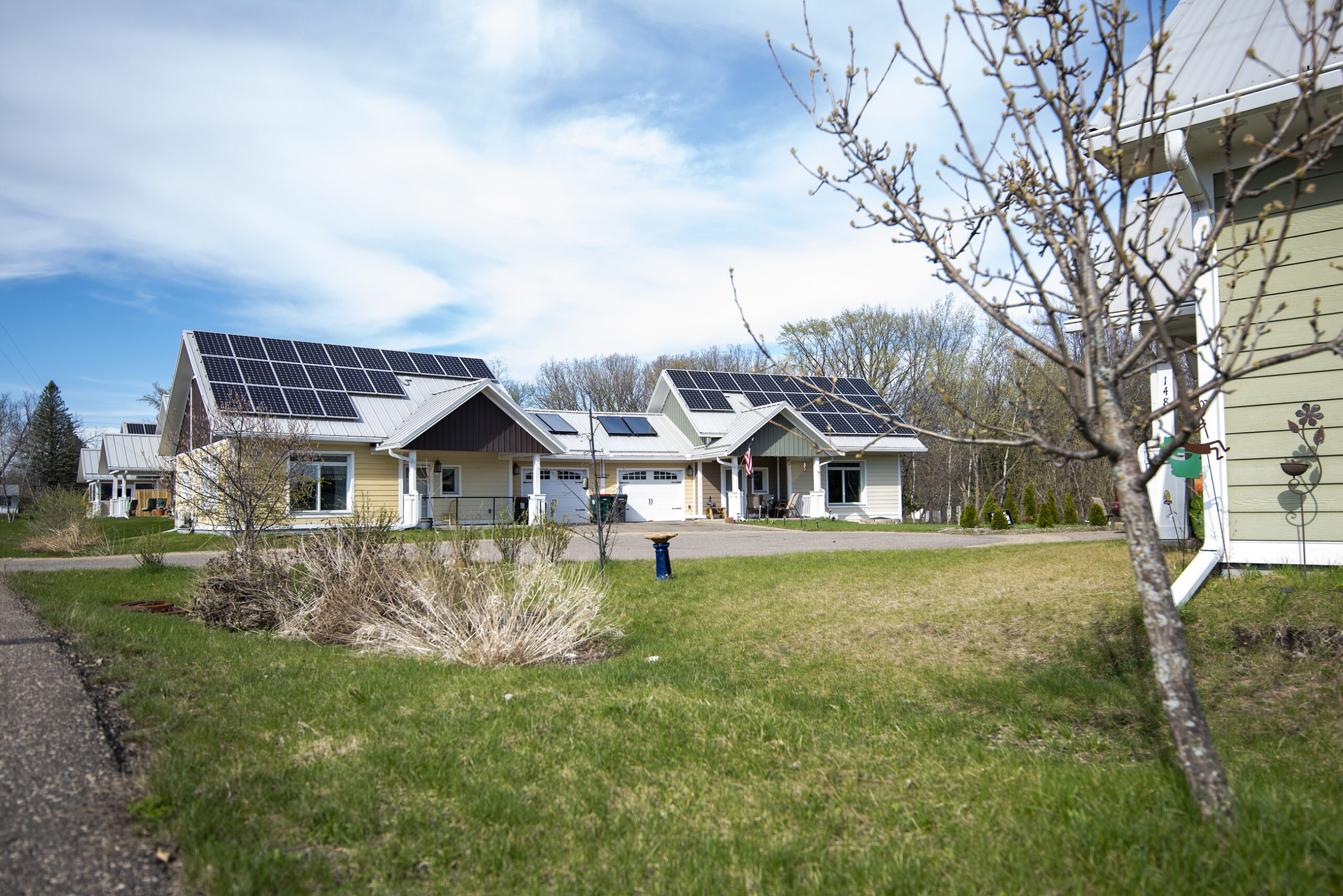The latest version of the GOP’s Senate health care bill was released on Thursday, and is facing new obstacles and growing opposition. We find out what would need to happen for passage. Nonprofit businesses in Wisconsin are turning to third parties to finance solar power at their facilities. We learn more about the growing strategy and why it faces an uncertain legal future. An author also joins us to discuss the benefits of the weekend and how to avoid joining the “cult of overwork.”
Featured in this Show
-
The Latest On The GOP's Health Care Reform Efforts
The Senate’s Republican leadership is facing more opposition and new obstacles to passing their health care bill. We find out where their efforts stand, and what to watch for this week.
-
Nonprofits Get Creative To Finance Solar Energy
More Wisconsin nonprofits are partnering with outside investors to make the switch to solar energy. We find out how the arrangements work and why the practice faces an uncertain legal future.
-
Solar Panel Projects Get Boost With Third-Party Financing
The South Miami City Commission passed a law this month mandating solar panels on new home construction, but installing rooftop arrays is costly and the legal hurdles vary state to state.
Third-party financing is one way to make rooftop solar arrays more affordable for nonprofit organizations and individual homeowners, says Kari Lydersen, a lecturer at Northwestern University’s Medill School of Journalism and contributor to Midwest Energy News.
“The owner of the property buys the energy or leases the solar panels. The big benefit is the entity with the solar panels on their roof doesn’t have to put up all the capital to buy them,” Lydersen told WPR.
Third-party financing coupled with tax incentives can help homeowners make solar a reality. Third-party financing can be set up in a variety of ways, even allowing investors to buy into the solar panel project.
“A company may be the main owner — or the one that collects the tax incentives — but people in the community can help make it possible because they buy shares or bonds,” Lydersen said. “The installation can be financed through bond sales by the company that spearheads the project. Individuals buy bonds to support the project and have some ownership in it.”
But the solar panel industry faces opposition from utilities that argue it infringes on their right to do business. When people use energy from solar panels, they buy less energy from utilities.
“There’s been a lot of different ways that utilities — especially in Wisconsin — have tried to make it more difficult to get rooftop solar panels, like trying to curb or even outlaw third-party arrangements is one of the tactics that utilities have taken in Wisconsin, Iowa and other states,” Lydersen said.
Courtroom legal battles have led to some victories for solar panel advocates who sued utilities in Wisconsin and Iowa. In 2014, We Energies and Madison Gas & Electric tried to assess additional fees on customers who generated their own power. A Dane County Circuit Court judge rejected the plan and said the state Public Service Commission did not have enough evidence to back up its decision to impose fees on solar.
“In Wisconsin, it has been murky, specifically because utilities have tried to prevent this from happening. But the takeaway right now is that it’s actually possible and it’s happening,”Lydersen said. “Solar developers and solar advocates feel confident despite any legal uncertainty.”
-
The Weekend Effect: How To Make The Most Of Our Time Off
With changing schedules, email available around the clock, and an “always-on” attitude, we may have forgotten how to take time off. The author of a new book wants us to take advantage of our leisure time–and make the most of it.
Episode Credits
- Rob Ferrett Host
- Judith Siers-Poisson Producer
- Dean Knetter Producer
- Rob Ferrett Producer
- Alexander Bolton Guest
- Kari Lydersen Guest
- Katrina Onstad Guest
Wisconsin Public Radio, © Copyright 2025, Board of Regents of the University of Wisconsin System and Wisconsin Educational Communications Board.



